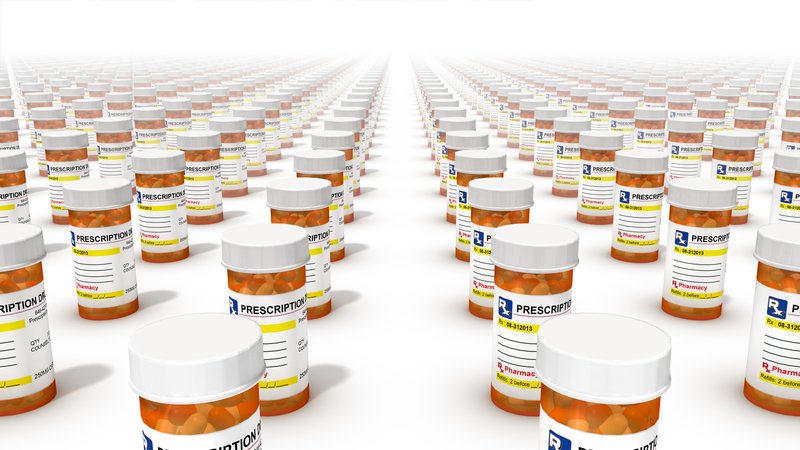After proving the abilities of its artificial intelligence-powered drug discovery platform with the rapid development of promising drug candidates for fibrosis, Insilico Medicine is taking its talents to the realm of incurable diseases.
The Hong Kong-based company has set its sights on designing treatments for neurodegenerative conditions, with a particular focus on amyotrophic lateral sclerosis, or ALS, which currently has no known cure.
To tackle that daunting challenge, Insilico has enlisted the help of 4B Technologies, a biopharma company that has directed its own drug discovery and development efforts at neurological diseases like ALS, stroke and Alzheimer’s disease.
The partnership will introduce Insilico’s AI software into 4B Technologies’ research and development workflow. The latter’s strategy centers on designing drugs that can enhance neuroprotection mechanisms and suppress inflammation, rather than merely attacking toxic proteins in the brain, which has so far been the predominant focus of other neurological drugs—with minimal success.
Adding Insilico’s AI to the mix will not only help the companies sift through vast databases of potential drug targets with both speed and accuracy, but will also hugely cut down on costs. Earlier this year, Insilico revealed that its technology had been able to identify a novel biological target, design a new drug around it and prepare the drug for in-human clinical trials in the span of less than two years, with a price tag of around $2 million.
“Traditional drug R&D is a time-consuming and expensive process. It takes an average of 10 years and $2.6 billion for a novel drug to be developed. The application of AI technologies in drug discovery and development has made great progress in recent years and has the potential to transform the pharmaceutical industry by significantly shortening timelines and reducing cost,” said 4B CEO Xiaoming Guan, Ph.D.
“Our collaboration with Insilico will enable 4B to apply leading AI technology to expedite our R&D process, leverage strengths and synergy from both sides to develop breakthrough treatment of ALS,” Guan said.
The new team-up comes not long after Insilico raked in a monster-sized series C funding round. Upon closing the financing in June, the company said it would use the $255 million to both bring its existing drug candidates into human trials and continue developing new treatments with its fast-moving AI software.
Much of that work will be done with the help of Insilico’s other pharmaceutical partners, an impressive list that so far includes big names such as Pfizer, Johnson & Johnson, Astellas and, as of earlier this month, Arvinas.

